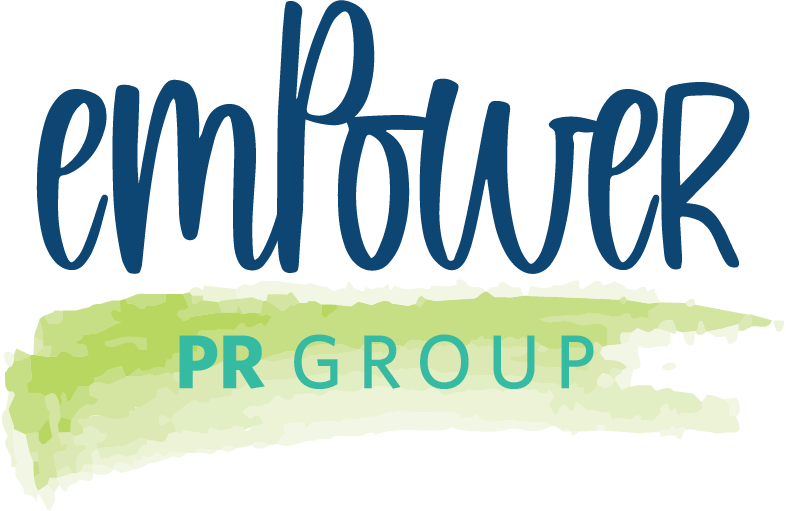Very few people (authors included) are comfortable talking about money.
Sure, who wouldn’t love discussing royalties, but the financial investment it takes to bring a book to life isn’t a topic of conversation many enjoy and look forward to. However, when it comes to writing, publishing and marketing a book, it’s a topic that any aspiring author deserves to know the ins and outs of.
Jennifer Crosswhite (owner, book coach and editor at Tandem Services and author) and myself (owner and chief strategist of the emPower PR Group and author) enjoy a weekly livestream coffee chat where we discuss meaningful topics for authors to consider. We figured if we can’t have a coffee chat in person—because we live on two sides of the US—why not make it virtual and invite others to join in on the fun! During this livestream, kickoff a monthly-long discussion on budgeting as it pertains to the book writing, publishing and marketing industries where we pull back the curtain and shed light on what you should and shouldn’t invest in as an author.
Sometimes, a budget is not so much about how much you have to spend, but rather, how you prioritize what you have and what you put your energy into. Understanding your book’s goals and your why will offer you directional guidance for your budget. During the livestream, we highlight the various forms of investment authors need to consider, the stages of the book process and what is worth an author’s investment every time.
Here are some of my favorite highlights from the livestream:
- Money in and of itself isn’t a bad thing. But it’s a topic that is rarely discussed. We highlight the key parts of the livestream and how we will discuss money, budgeting and authorship. (1:09)
- Your publishing approach will dictate your financial investment efforts many times, and we highlight our thoughts around this topic. (2:33)
- Your why will offer you a roadmap on what you should invest in. Do you know why you wrote the book and why you want to publish it? (4:09)
- I share an example of two types of cookbooks, outlining the various whys and highlighting how financial investments for each are different due to the goals of the book itself. (7:03)
- Another example on how an author’s why impacts budget is shared, highlighting the difference between two memoirs and how budgeting aligns accordingly. (13:59)
- Knowing the timeline for your book project is also an important element to be aware of when it comes to your budget efforts, too. (15:46)
- There are two types of budgets to consider: your financial one and your time. Both matter and we share why. (19:20)
- We outline the various steps of the writing, publishing and marketing process so that authors can consider how each phase impacts their budgets. (24:22)
- There are various types of editing, and we discuss those types so authors have clarity on what they are investing in. (28:34)
- Two other meaningful parts of the book process are production and marketing. We highlight their importance and things to consider. (31:03)
Join us weekly for a Beyond The Page livestream chat about a relevant topic that writers and authors will find insightful, informative and just fun on YouTube, LinkedIn and Facebook. Learn more about Beyond the Page.
Resources highlighted in the livestream include the following.
- Cooking with Love is a cookbook that I had the pleasure of supporting author Debbie Thomas in creating. And, it’s the cookbook that is highlighted in the livestream.
- Another example shared is between the memoir my grandfather wrote and the memoir I wrote. Here’s a link to Color Today Pretty, my first memoir.
- Jennifer Crosswhite shared a meaningful quote from the book The Undefeated Marketing System: How to Grow Your Business and Build Your Audience Using the Secret Formula That Elects Presidents by Phillip Stutts. Great advice, Phillip: “The best marketing creates sustainable growth without relying exclusively on your advertising budget.”
Watch on YouTube
If you are publishing a book, we want you to do it with eyes wide open! Knowing your why will provide you directional insights into what your time and financial investments should be.
Stephanie and Jennifer love authors, love books and love helping authors understand the book industry inside and out. Watch the Beyond the Page Livestream on the topic of what authors need to know about a book budget.
Memorable Quotes from the Livestream
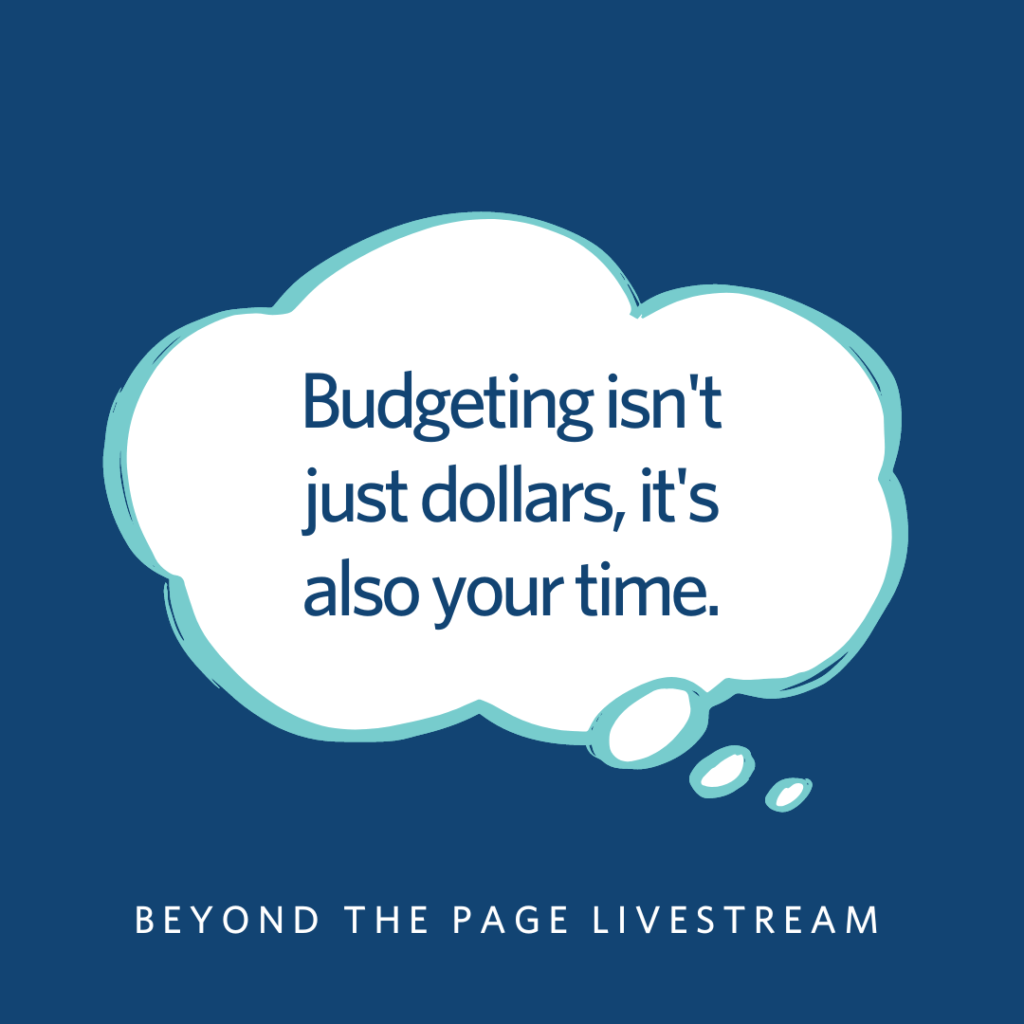
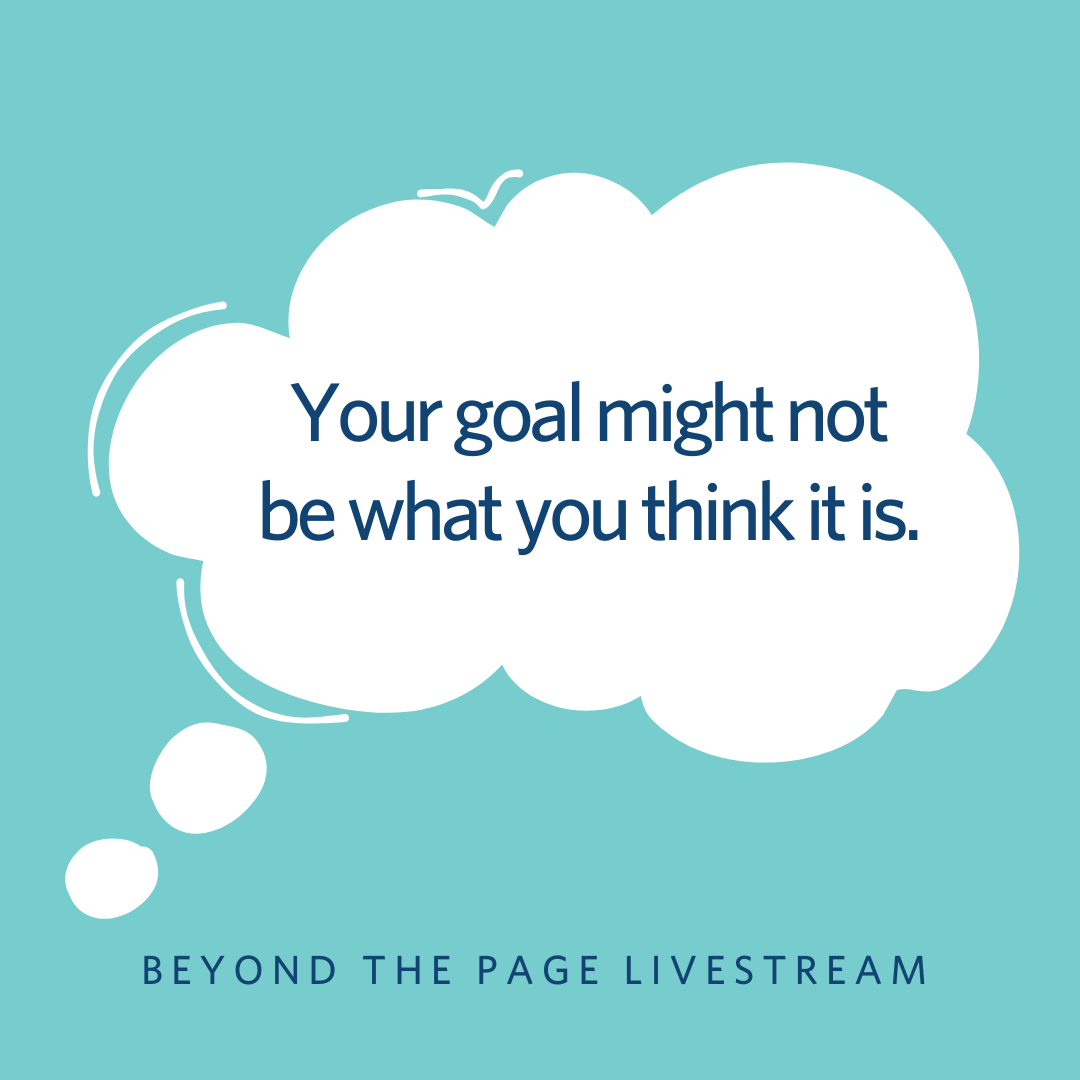
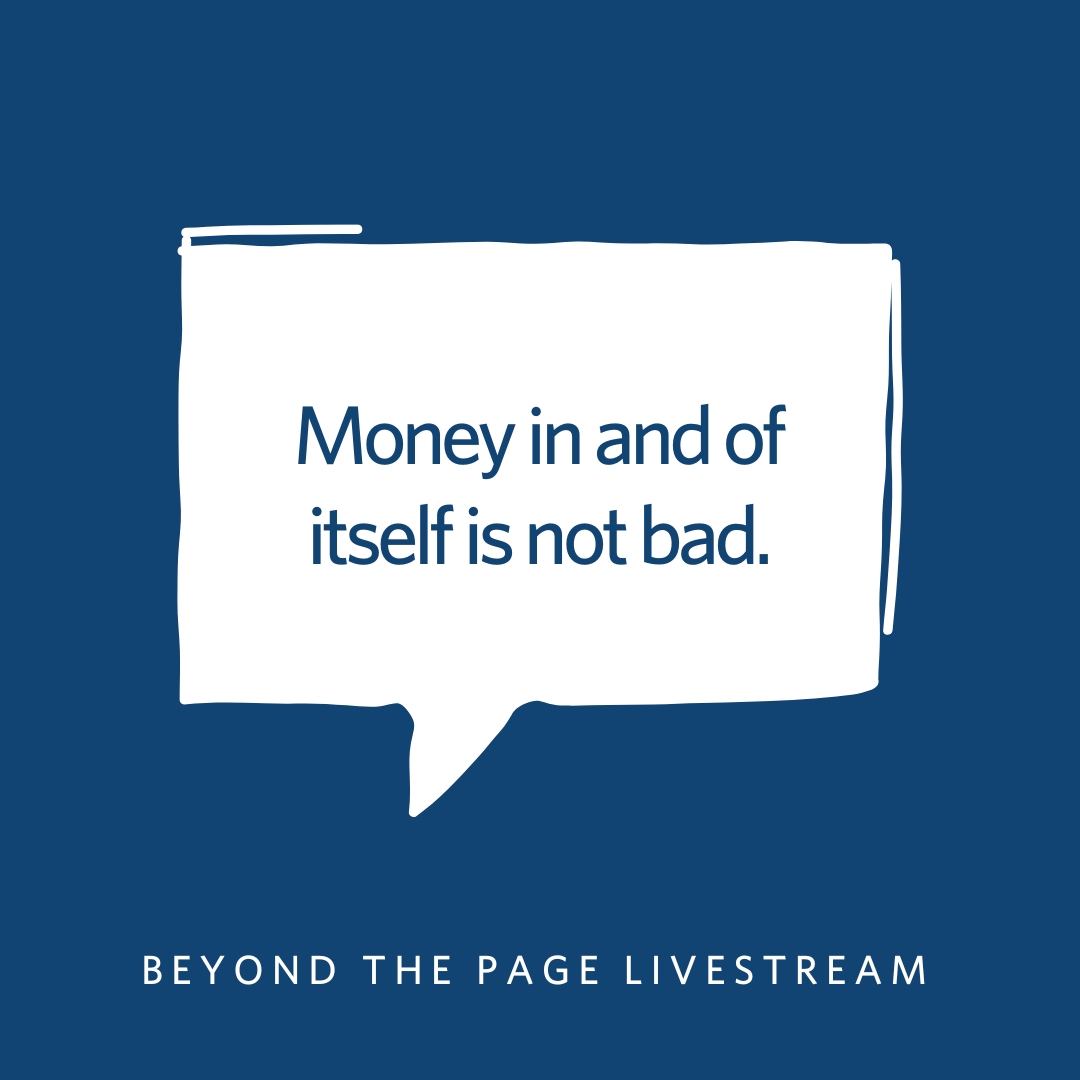
Meet the Beyond the Page Hosts
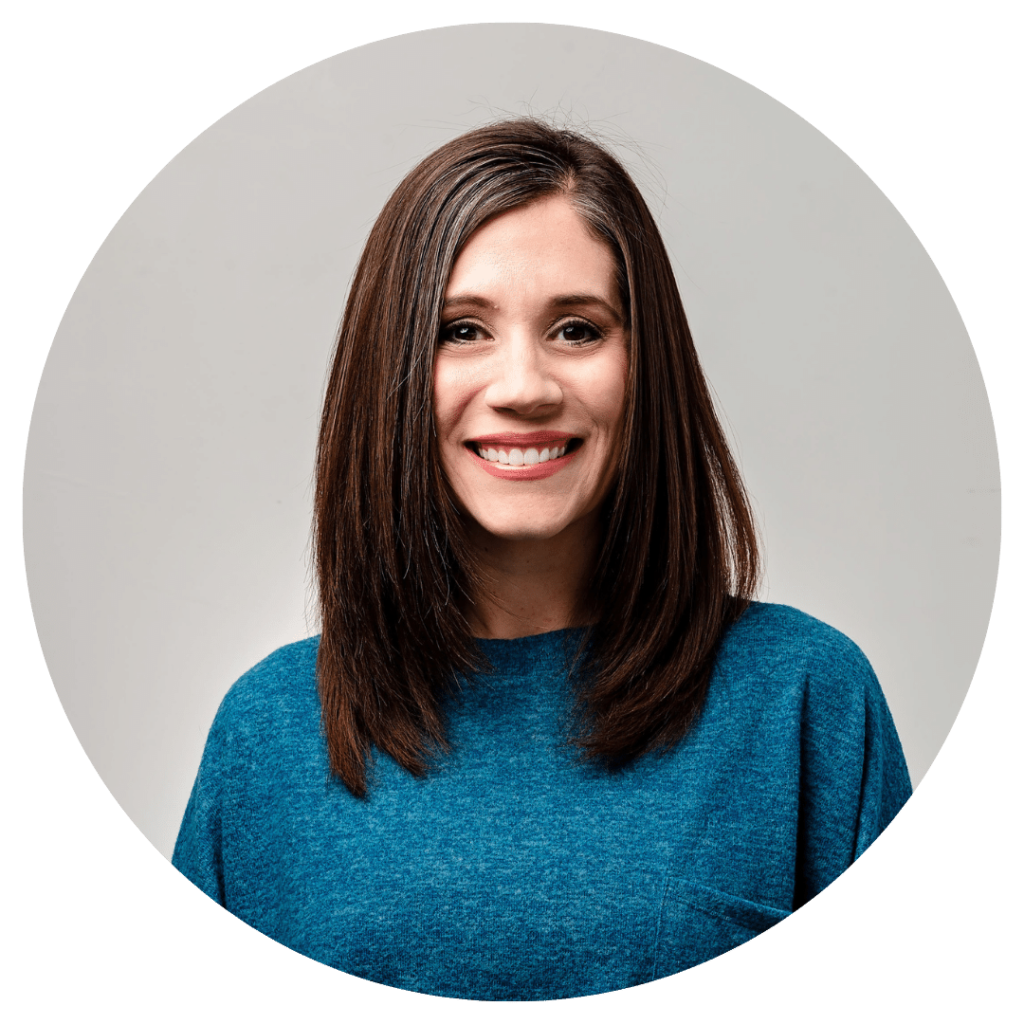
Stephanie Feger
emPower PR Group
Stephanie Feger has merged her love for reading books, writing books and marketing books to help authors be successful by sharing emPactful marketing strategies and tactics. As an author herself and a seasoned book marketing expert, her goal is to help authors be strategic and focused when it comes to book marketing. Her caffeine of choice is soy chai latte, and it’s typical for her co-worker, Oreo, to make a debut during Beyond the Page, begging for some morning pets.
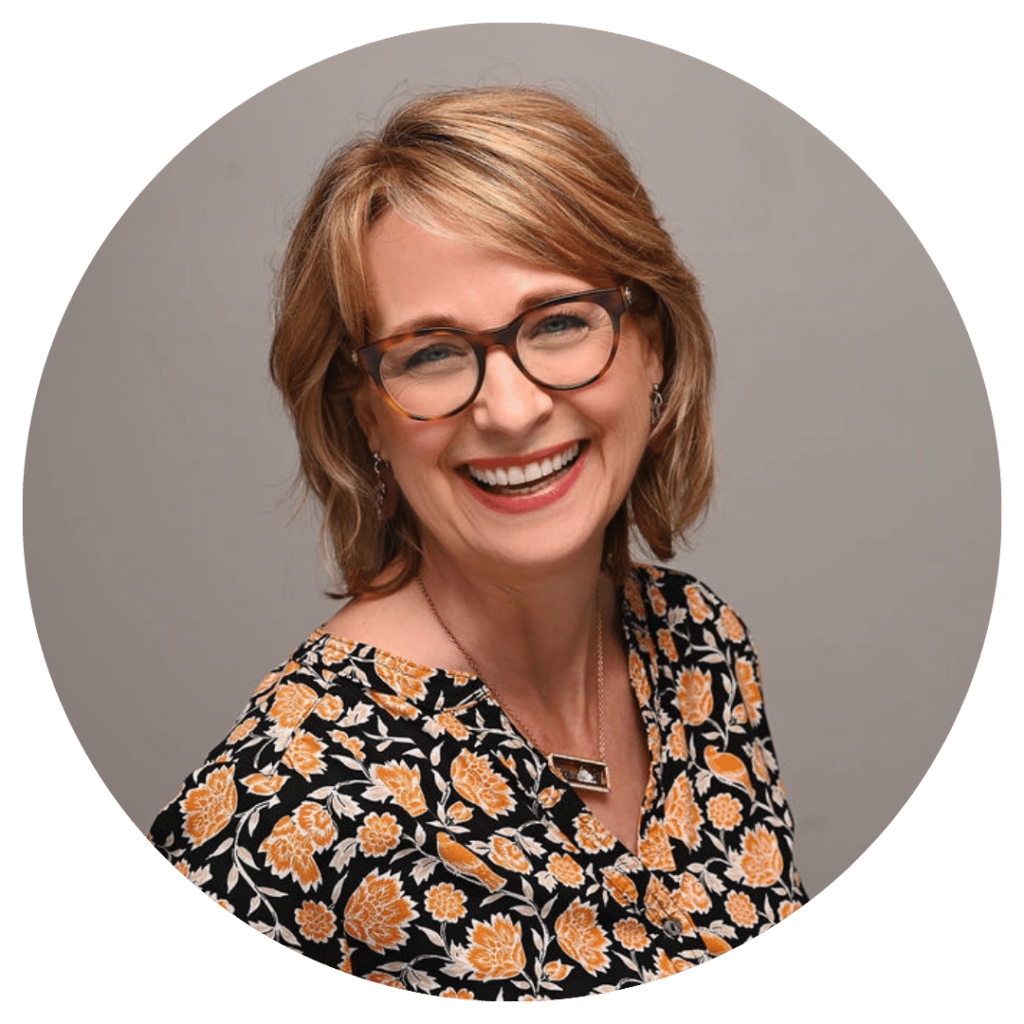
Jennifer Crosswhite
Tandem Services Ink
Jennifer Crosswhite helps authors create the best books possible, bringing their ideas to market in tandem, and as a bestselling author herself, she knows how to make that happen. She has written nearly 20 books and spans various genres in fiction and nonfiction alike. Jen loves tea and collecting mugs too (she shares many of them on the livestreams!). And, while Stephanie thinks Jen’s house may be haunted, it’s just her cat, Raja, who loves opening doors at the most inopportune times.
